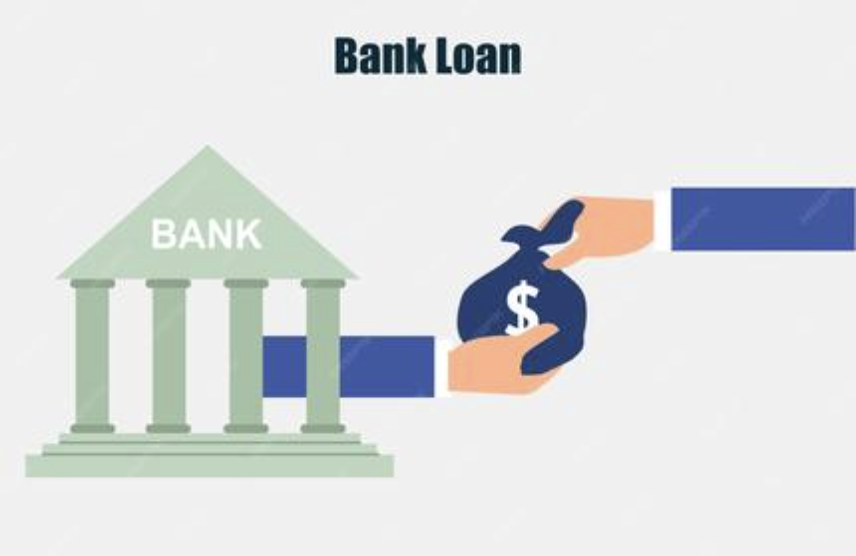Franchise-Focused Private Equity Funds
Rather than choosing traditional PE funds, consider those that specialize in franchise opportunities within luxury markets, such as premium pet services or high-end home renovations. These types of funds often require a lower initial investment, typically ranging from $50,000 to $100,000, compared to conventional private equity. For example, investing in a fund that supports luxury pet hotel franchises allows you to benefit from consistent growth in that industry. While they manage the day-to-day operations, you receive dividends from the earnings—perfect for affluent individuals who want to gain exposure to a specific sector without needing to manage it directly.

Vertical Venture Capital Crowdfunding Platforms
Avoid typical crowdfunding websites and instead focus on platforms dedicated to high-growth markets. These sites carefully evaluate startups and only accept about 5% of candidates. For instance, a software executive might choose to invest $30,000 in an innovative AI-driven skincare company through such a platform. Investors receive equity, often in the form of digital tokens, and updates from the founders. Unlike traditional stock markets, this allows you to engage with rising trends before they become widely known.
Family Office Co-Investment Networks
Numerous small family offices extend co-investment chances to wealthy individuals. For example, if a family office is investing in sustainable luxury fashion brands, it might offer you the chance to partake in a $200,000 funding round for a vegan leather startup. You gain from the family office's thorough research since they have already evaluated the business, which reduces risk through shared investment. This also eliminates the significant barriers usually associated with independent participation in family offices.

ESOP-Linked Private Equity Opportunities
Some businesses allow employees, including mid-level ones, to invest in private equity linked to their Employee Stock Ownership Plans (ESOPs). For instance, a senior manager working in a retail company might be offered the opportunity to invest part of their ESOP funds in the company’s expansion backed by private equity. This connection aligns your gains with the company's success—if the new stores financed by PE perform well, both your ESOP and private equity investment increase in value. It provides a convenient way to enter private equity, utilizing your employer’s established connections.
Secondary Private Equity Share Markets
You can purchase previously owned shares in private equity funds through dedicated marketplaces. When original investors in a fund seek liquidity—like a small business owner needing cash—they may sell their shares at a lower price. For example, a doctor could acquire $150,000 worth of shares in a healthcare PE fund at 85% of their net asset value. This approach allows you to bypass the usual 5-10 year lock-in period of new funds and start receiving returns sooner, with reduced risk compared to new fund investments.
Insurance-Wrapped Venture Capital Products
Certain insurance companies provide combined products that include a life insurance policy with part of the premium going toward investments in venture capital. For example, a $500,000 whole life policy could allocate 20% to a portfolio of medical technology startups. In this case, you receive life insurance coverage alongside potential returns from the VC investments—if the startups perform well, the cash value of your policy increases. This arrangement mitigates risk since the insurance component safeguards your principal while offering growth, making it well-suited for cautious high-net-worth investors.





